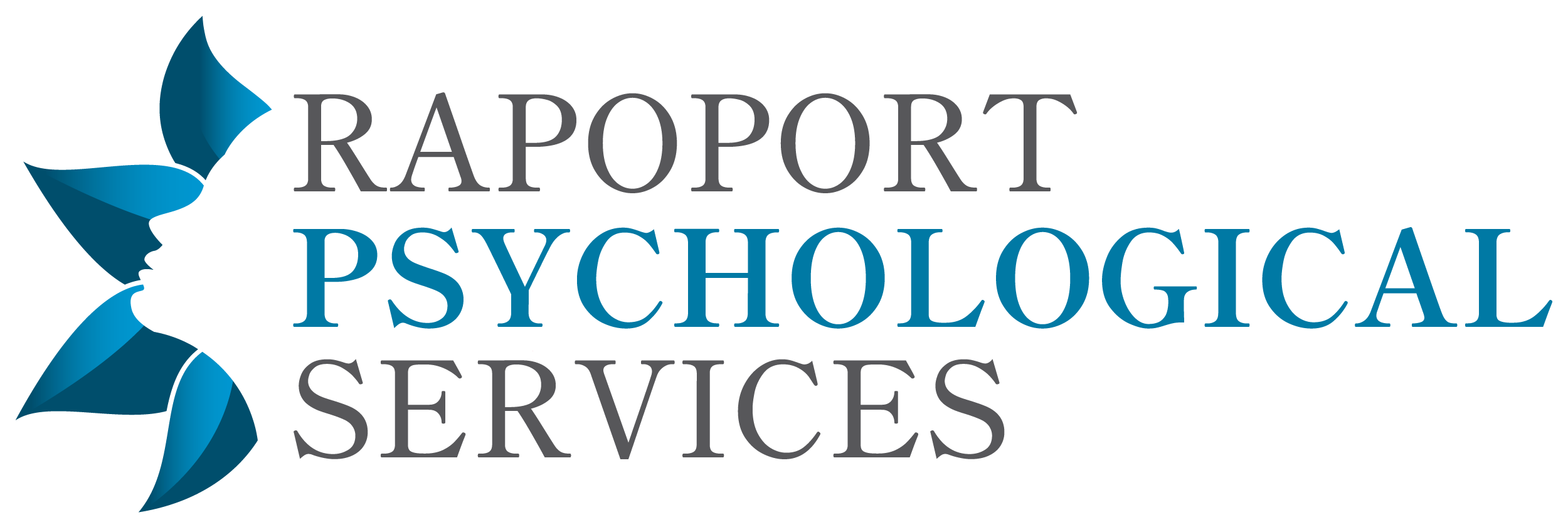How to Know You're Recovering From Trauma
How To Know You’re Recovering From Trauma?
By Chrissie Chua- Ly van manh, LMHC
As a trauma therapist in New York, NY, I’ve had clients with complex trauma who come from families with intergenerational trauma. They grew up in environments where the ability to feel safe was rare. These individuals often found solace away from their homes.
When I first meet them in therapy,
They have high anxiety or find themselves in a dark place with their depression. They may be hypervigilant and have a difficult time trusting others around them. These clients complain about how other people seem to misunderstand them as they seem withdrawn, aggressive, or moody because they get triggered by situations or people. What’s sad is that some of my clients don’t even notice their triggers and they just blame themselves for their mood fluctuations.
If the trauma happened recently, some of my clients have an easier time connecting their trauma to their mood instability and changes in behaviors. But for others, others may have a harder time correlating or acknowledging their trauma because they had to suppress it in order to survive their day-to-day.
I’ve seen the power of healing throughout my years as a trauma therapist
Through my years working with clients with trauma/stress disorders and PTSD, I’ve seen the power of talk therapy and mindfulness practices. Learning coping skills and mindfulness strategies are vital ways to regulate your emotions and break away from self-blame or self-criticism. Having a therapist who hears you and understands what you have gone through makes you feel like you’re not in this alone and that you have an advocate on your side.
Your trauma therapist in New York, NY can help you see how the trauma has influenced the beliefs you hold about yourself, the world, or the people around you. The trauma doesn’t have to define you- you can start defining yourself again. Traumatic events are defined by a sense of injustice, horror, helplessness, injury, or even death. You’re feeling the way that you are because something awful happened to you. There’s nothing wrong with you- what happened to you is wrong.
But how do you know if you’re recovering from your trauma?
You have an awareness of your triggers
Christmas music, sirens, a certain perfume… Before, sensing these triggers would activate a feeling of discomfort or insecurity within you. Now, you’re able to make the connection to your trauma. You even know how to decipher possible scenarios you may feel uncomfortable in ahead of time and find the support or resources you need to cope.
You’re able to cope and process your triggers/stressors
It may not be smooth sailing every time you experience a trigger but you have security and confidence that you’ll get through it. You have a toolkit of coping mechanisms and you know the person you can call to distract or talk things out with.
You are able to be present with the mentioning of the trauma (or choose to share your experience) without feeling highly activated or uncomfortable
This doesn’t mean you have to share your trauma with everyone you know. But you’re aware of how this event has happened and it doesn’t define or control you. It can still be hard to hear but it doesn’t trigger the same stress response as it used to.
You’re able to open up in relationships (old or new)
Trust is a difficult thing especially after experiencing trauma. How can you open up without trust? You can’t. When you are finally able to open up to others more easily or feel more comfortable doing so, you are taking steps towards healing.
And, you’re able to accept the experience
You know you experienced trauma. It created harm and it has affected you. You accept how things may not be the same as they used to but you’re continuing to live your day-to-day accepting the shifts and feeling reassured you’re able to cope.
Words of Wisdom from a Trauma Therapist
Remember trauma has its ebbs and flows. It may not feel consistent sometimes but it’s part of the process. The stages of recovery are different and the process to heal is not the same for everyone. Identify the little things in which you’ve made progress and commend yourself for moving toward your journey. If you need additional support, working with a trauma therapist in New York, NY can give you some additional help!
Leave Your Past in the Past with PTSD Treatment and Trauma Therapy!
Getting support from a skilled in-person or online trauma therapist can help you find peace and healing. It’s time to take action and speak with someone who can support you. If you’re ready to take that next step and begin therapy in New York, NY, we would be honored to work with you.
Contact Rapoport Psychological Services to schedule a free consultation
We’ll reach out within 48 hours to answer your questions and match you with the perfect trauma therapist!
Meet with one of our trauma therapists who can help you find hope!
Schedule your first appointment and start to heal
Other Services at Rapoport Psychological Services Offers:
Getting support is important for everyone. We strive to support women and help them overcome whatever is holding them back. Additionally, our goal is to help empower you to take action in your life. If you’re seeking support with PTSD treatment and trauma therapy, we can help. However if you’re looking for another service we provide depression treatment, anxiety treatment, therapy for women, testing services for ADHD, professional development, online therapy for moms, life transitions, coaching with Dr. Zoe, and group therapy. Additionally, we offer workshops on women’s empowerment, grief, mindfulness, and stress management. We really look forward to walking alongside you and hope you will take the next step and begin in-person or online therapy in New York!



